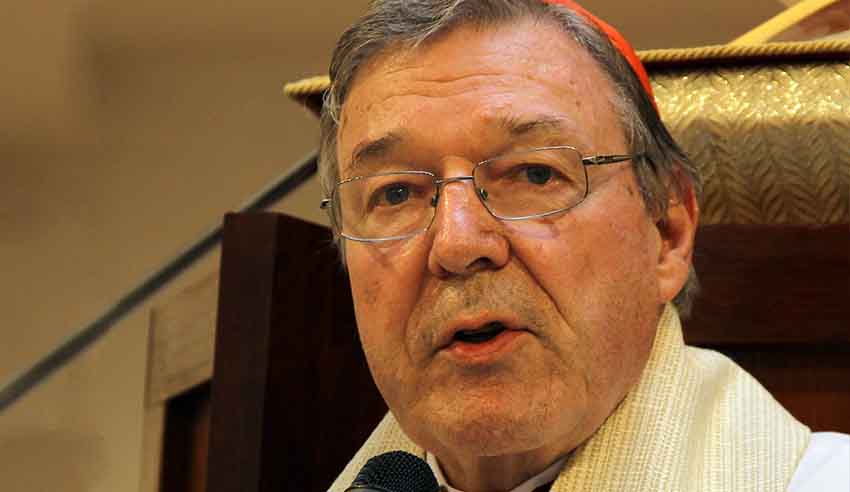George Pell’s lawyers ‘failed’ to identify judicial errors, prosecutors submit
Prosecutors have rejected the argument from George Pell’s lawyers that the jury from the first appeal trial should not have watched recorded evidence in their reply submission, adding there are no errors in the Victorian Court of Appeal majority’s judicial method.

It comes after Bret Walker SC and Ruth Shann argued there was no viable reason for the court to go beyond written transcripts and show the jury video material.
To continue reading the rest of this article, please log in.
Create free account to get unlimited news articles and more!
His lawyer argued the majority viewed the applicant’s record of interviews, finding that denials were emphatic, but “otherwise do not appear to have made an assessment of the manner in which they were given”, thus ruling out a need to watch the evidence.
Victorian prosecutors, including the Director of Public Prosecutions (DPP) Kerri Judd, senior Crown prosecutor Mark Gibson and Crown prosecutor Angela Ellis, spoke against the argument in their submission, explaining the “majority’s viewing of non-written evidence did not affect its application of the M test in any manner relevant to the issues in this application”.
Mr Walker and Ms Shann referenced the test in M v The Queen (1994) which permitted an intermediate appellate court to view video recordings and other material where they believe it necessary for the court to determine the outcomes of an appeal case.
In the response, Victorian prosecutors said the M test does not as a general rule have a requirement for the intermediate appellate courts to undertake a review of evidence, but that it is up to be determined on a case-by-case basis. In this instance, the appeals court was in its right to review recorded evidence of 12 witnesses.
“A court’s decision to view the recorded or non-written evidence does not diminish the force of the first consideration identified in M as relevant to the application of the test,” the prosecutors noted, adding that the jury is the body entrusted with the responsibility of determining whether Cardinal Pell is guilty or innocent of his child sex abuse crimes.
Cardinal Pell will have his final chance of release before a special Full Court sitting at the High Court of Australia on 11 March 2020. The decision will consider the disgraced cardinal’s application for leave, meaning judges could still reject hearing the appeal.






